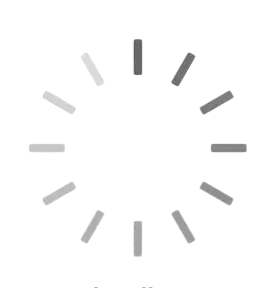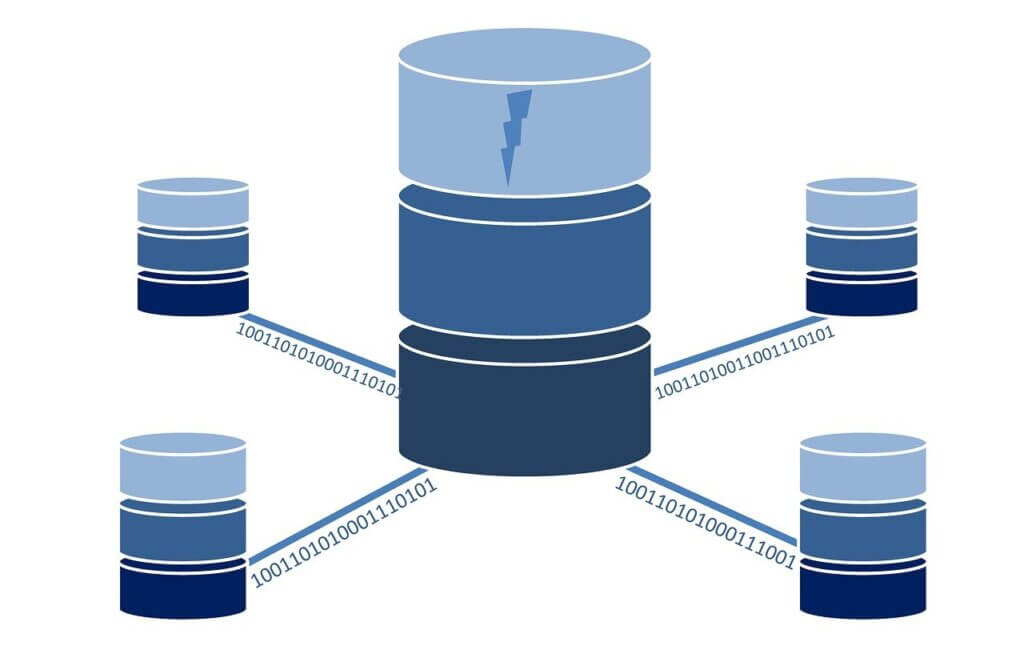In today’s digital age, where the internet is an indispensable part of our lives, understanding the workings of various components that enable internet connectivity is essential. Among these components, one fundamental yet often overlooked aspect is the Domain Name System (DNS) server.
Table of Contents
ToggleUnderstanding the concept
At its core, a DNS server acts as a translator between human-readable domain names and machine-readable IP addresses. Every device connected to the internet, whether it’s a computer, smartphone, or tablet, communicates using IP addresses. However, remembering these numerical addresses for every website we visit is impractical. This is where DNS servers come into play.
How DNS servers work
The DNS resolution process begins when a user enters a domain name into their web browser. The browser then queries a DNS server to translate the domain name into the corresponding IP address. This process involves multiple steps, including recursive queries and caching mechanisms, to efficiently resolve domain names to IP addresses.
DNS servers can be categorized into two main types: recursive DNS servers and authoritative DNS servers. Recursive DNS servers are responsible for resolving domain names by recursively querying other DNS servers until the desired IP address is found. On the other hand, authoritative DNS servers hold the official records for specific domain names and provide the definitive answers to DNS queries.
DNS server settings
Configuring DNS server settings on devices is crucial for ensuring smooth internet connectivity. Users can manually specify DNS server addresses or rely on the default settings provided by their internet service provider (ISP). Customizing DNS server settings can sometimes improve internet speed and security.
Importance of DNS servers
DNS servers play a pivotal role in facilitating internet communication by ensuring that domain names are correctly translated to IP addresses. Without DNS servers, accessing websites through domain names would be virtually impossible. Moreover, efficient DNS resolution contributes to faster internet browsing speeds and enhanced overall performance.
Common issues with DNS servers
Despite their importance, DNS servers are not immune to issues. Users may encounter problems such as DNS server not responding errors or DNS resolution failures. These issues can disrupt internet connectivity and hinder access to websites.
Tips for troubleshooting DNS server problems
When facing DNS server issues, there are several troubleshooting steps that users can take to resolve them. These include checking internet connectivity, flushing DNS cache, and updating DNS server settings. By following these tips, users can quickly troubleshoot and resolve DNS-related issues.
Securing DNS servers
Securing DNS servers is essential for protecting against DNS attacks and ensuring the integrity of internet communication. Implementing security measures such as DNSSEC (DNS Security Extensions) and DNS over HTTPS (DoH) can mitigate the risks associated with DNS vulnerabilities.
Future developments in DNS server technology
As technology continues to evolve, so do DNS server technologies. Future developments such as DNS over HTTPS (DoH) and DNSSEC (DNS Security Extensions) aim to enhance the security and privacy of DNS communications. These advancements promise to further improve the reliability and security of DNS servers in the years to come.
Conclusion
In conclusion, DNS servers play a crucial role in enabling internet communication by translating domain names into IP addresses. Understanding the concept of DNS servers, how they work, and their importance is essential for navigating the digital landscape effectively. By familiarizing themselves with DNS server settings, troubleshooting techniques, and security measures, users can ensure a seamless internet browsing experience.
FAQs
- What are the primary functions of a DNS server?
- The primary functions of a DNS server include translating domain names to IP addresses, facilitating internet communication, and improving internet speed and performance.
- How can I troubleshoot DNS server issues on my device?
- You can troubleshoot DNS server issues by checking internet connectivity, flushing DNS cache, and updating DNS server settings on your device.
- What are some common DNS server errors?
- Common DNS server errors include DNS server not responding errors, DNS resolution failures, and DNS configuration issues.
- What measures can I take to secure my DNS server?
- You can secure your DNS server by implementing security protocols such as DNSSEC (DNS Security Extensions) and DNS over HTTPS (DoH) to protect against DNS attacks and ensure the integrity of internet communication.
- Are there any upcoming developments in DNS server technology?
- Yes, future developments in DNS server technology include advancements such as DNS over HTTPS (DoH) and DNSSEC (DNS Security Extensions) aimed at enhancing the security and privacy of DNS communications.
Do you like to read more Blog content? Read our blogs at PintoraBlogs








